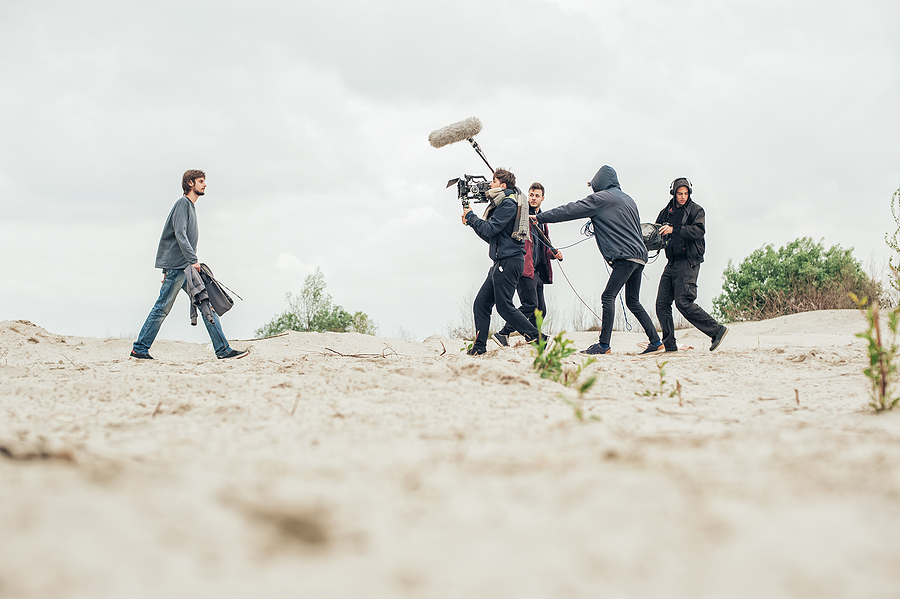When you are training and attending acting classes, there is naturally a lot of focus on artistic expression, voice modulation, breathing techniques, improvisation and so on. However, acting is also a physical skill that puts big demands on the body as well as the mind.
You might be required to perform for two or three hours with only short breaks in between, often on your feet and maybe with a lot of movement involved. All this requires stamina and energy, which is ultimately dependent on the fuel that you put into your body.
This might sound obvious, but actors can sometimes struggle with eating well, for various reasons. For a start, performance schedules can disrupt normal eating habits, leaving less time to plan and consume nutritious meals at regular intervals.
This may mean actors resort to quick fixes such as sugary snacks that provide a quick spike of energy, but do not sustain them throughout the performance, and lead to hunger when it is not possible to stop and refuel. Pre-performance nerves can also diminish the appetite, making it difficult to supply the body and brain with enough energy to perform well.
Timing meals
When you have a big performance or important rehearsal coming up, timing is everything. Understandably, actors do not want to feel uncomfortably full from a big meal when they are on stage or in front of the cameras. On the other hand, eating too far in advance or too little can lead to fatigue and poor concentration that will affect the quality of your performance.
Depending on your individual metabolism, aim to eat a balanced meal between three to four hours before the event. Include lean protein for stamina, fibre to keep you full and whole grain carbohydrates that provide a slow release of energy rather than a surge followed by a crash.
An example of a good meal might include grilled chicken or fish, leafy greens such as spinach or kale, and sweet potatoes or whole grain brown rice, followed by berries and natural yoghurt sweetened with a little honey. Have some light snacks every couple of hours, such as a banana or a handful of nuts.
Staying hydrated
Moving around and speaking more often than you would naturally can soon cause you to feel dehydrated, particularly under hot studio lights. This can make you feel tired and dizzy, and reduce your energy levels and mental clarity. It can also make your joints feel stiff, making it more difficult to move around gracefully and use your body language to full effect.
Aim to drink in small amounts throughout the day rather than downing a whole pint of water at once, because the body can’t handle sudden intakes of a lot of fluid and you will just end up with a full bladder.
Consider topping up with electrolyte tablets if you tend to perspire a lot, because we lose essential minerals such as calcium, magnesium and sodium through our bodily fluids.

